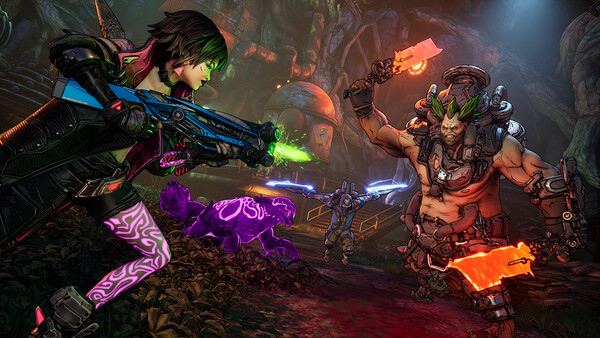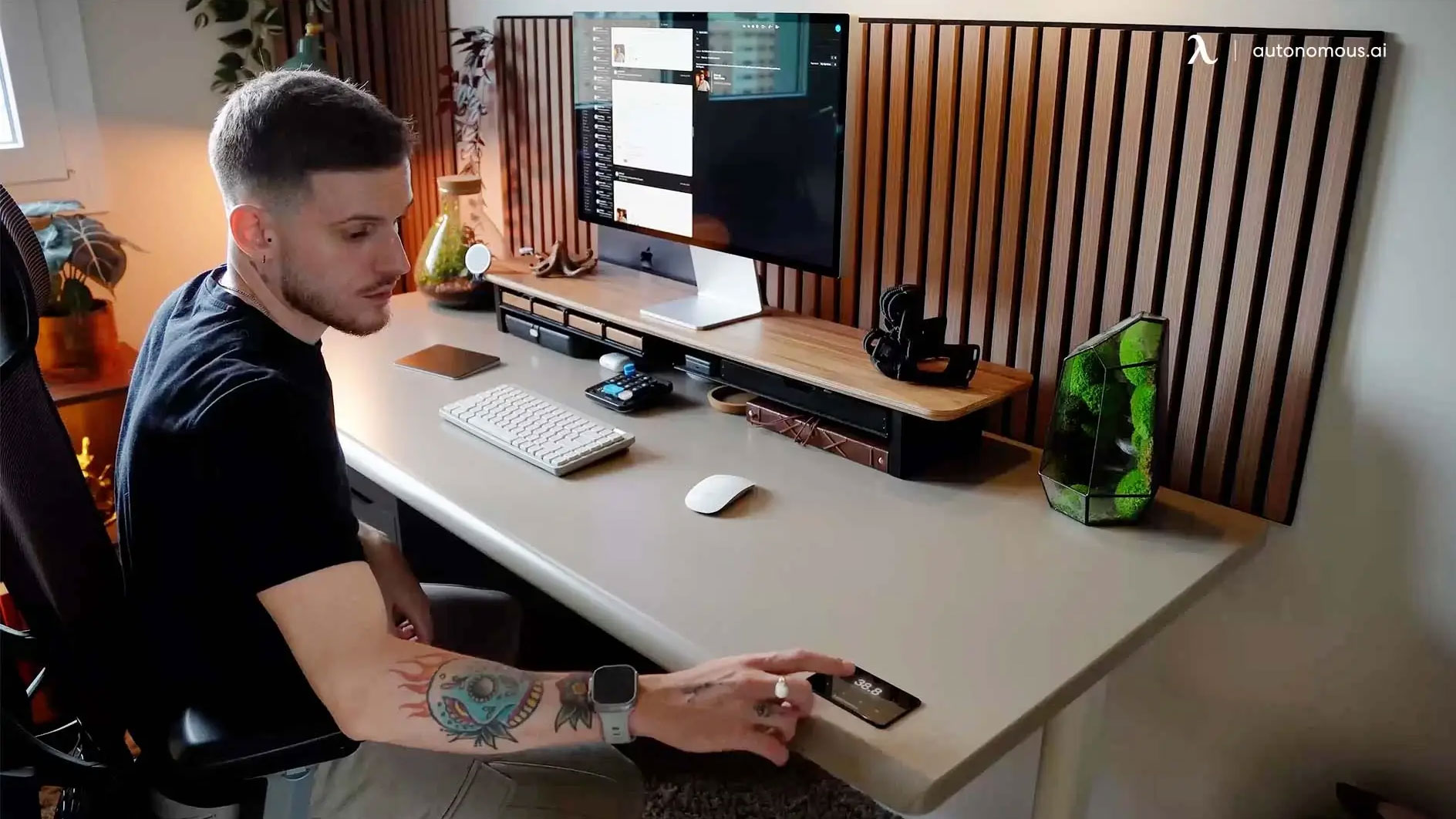Was Borderlands 4 boss wrong? Response to criticism triggers fierce debate

With today's social media, devs soon learn how players feel about their games. That can be a positive thing. Developers can get immediate feedback and can engage with players and learn how to improve the on the design of their games.
But criticism isn't always constructive, and it can be frustrating. Even before a game is released, trailers will be dissected, with players offering sometimes caustic opinions on years of work.
Some gamers might be over demanding or unrealistic in what they expect. We've seen players shocked to see visible polygons in the GTA 6 trailer (yep, it's a game) and disgusted by the lack of swimming in Mafia The Old Country, a game that has no need for the player to take to water.
But how should devs react in the face of public roastings of their work? Should they defend their games from tenuous criticism, or should they take it on board in silence, or even ignore it completely? That's a question both players and devs alike might want to ask after the recent Borderlands 4 controversy.
Code your own engine and show us how it’s done, please. We will be your customer when you pull it off. The people doing it now are clearly dumb and don’t know what they’re doing and all the support and recommendations and code and architecture from the world’s greatest hardware…September 13, 2025
Players have complained of a range of performance problems in Borderlands 4, resulting in mixed reviews for Gearbox Software's new looter shooter. In the thread on X above, Randy Pitchford, the developer's CEO, was making suggestions on how players could solve frame-rate issues by tweaking settings on PC.
When a user suggested a better fix might have been to “make your game look good without relying on AI upscale,” Pitchford's response was that the player should go and make their own game.
"Code your own engine and show us how it’s done, please. We will be your customer when you pull it off,” he replied.
Daily design news, reviews, how-tos and more, as picked by the editors.
“The people doing it now are clearly dumb and don’t know what they’re doing and all the support and recommendations and code and architecture from the world’s greatest hardware companies and tech companies working with the world’s greatest real time graphics engine coders don’t know what you seem to know. /sarcasm.”
Unsurprisingly, the response didn't do much to placate criticism of the game, and other players soon offers advice of their own. "Wow, really? That's your reaction? Not a good look bro," one person wrote.
"Randy, some criticism is draining, but much of it is legitimate, especially regarding performance and optimization,” one person responded. “You have a history of responding publicly in ways that come across as defensive or confrontational, often engaging directly with individuals instead of maintaining the professional posture expected of an executive.
“Reacting emotionally rather than strategically only makes things worse over time. People expect their concerns to be acknowledged and addressed, not dismissed with statements like 'Well, you do a better job.' They're not your bros, they're your customers," one user said.
Others pointed out the technical flaws in Randy's response. Gearbox didn't code its own engine; it used Unreal Engine 5. “Well the funny thing is, if more Devs had coded their own engines we would not have a whole generation of games suffering from all of the foundational issues of UE5,” one person wrote.
In a subsequent post, Randy attempted a more diplomatic approach, writing: "We have made an amazing and fun and huge looter shooter campaign game. The game is pretty damn optimal – which means that the software is doing what we want without wasteful cycles on bad processes.
“With Borderlands 4, every PC gamer has a LOT of tools to balance their preferences between FPS, resolution, and rendering features. If you aren’t happy with the balance between these things you are experiencing, please tune to your preferences using the tools available to you."
The post was slapped with Community Notes advice clarifying that players' main contention is Borderlands 4' poor optimisation.
Gearbox undoubtedly worked hard on Borderlands 4, and there are many positive reviews on Steam from players who commend it as an improvement over BL3. We were mainly positive about it in our early review.
But as the public face of their games, I think developers should try to show that they're taking player criticism of performance and optimisation issues seriously. Dismissing valid complaints rather than assuring players that work is being done to improve things is only likely to put other people off trying the game. As a last resort, it may be better to maintain a dignified silence and not get involved.
What do you think? Should developers respond to criticism of games, or just ignore it?
If you're fan of the game, see how to print your own Borderlands 4 helmets. Alternatively, if you want to take Randy Pitchford's advice and try to do better yourself, see our guides to the best game development software and the best laptops for game development.

Joe is a regular freelance journalist and editor at Creative Bloq. He writes news, features and buying guides and keeps track of the best equipment and software for creatives, from video editing programs to monitors and accessories. A veteran news writer and photographer, he now works as a project manager at the London and Buenos Aires-based design, production and branding agency Hermana Creatives. There he manages a team of designers, photographers and video editors who specialise in producing visual content and design assets for the hospitality sector. He also dances Argentine tango.
You must confirm your public display name before commenting
Please logout and then login again, you will then be prompted to enter your display name.
